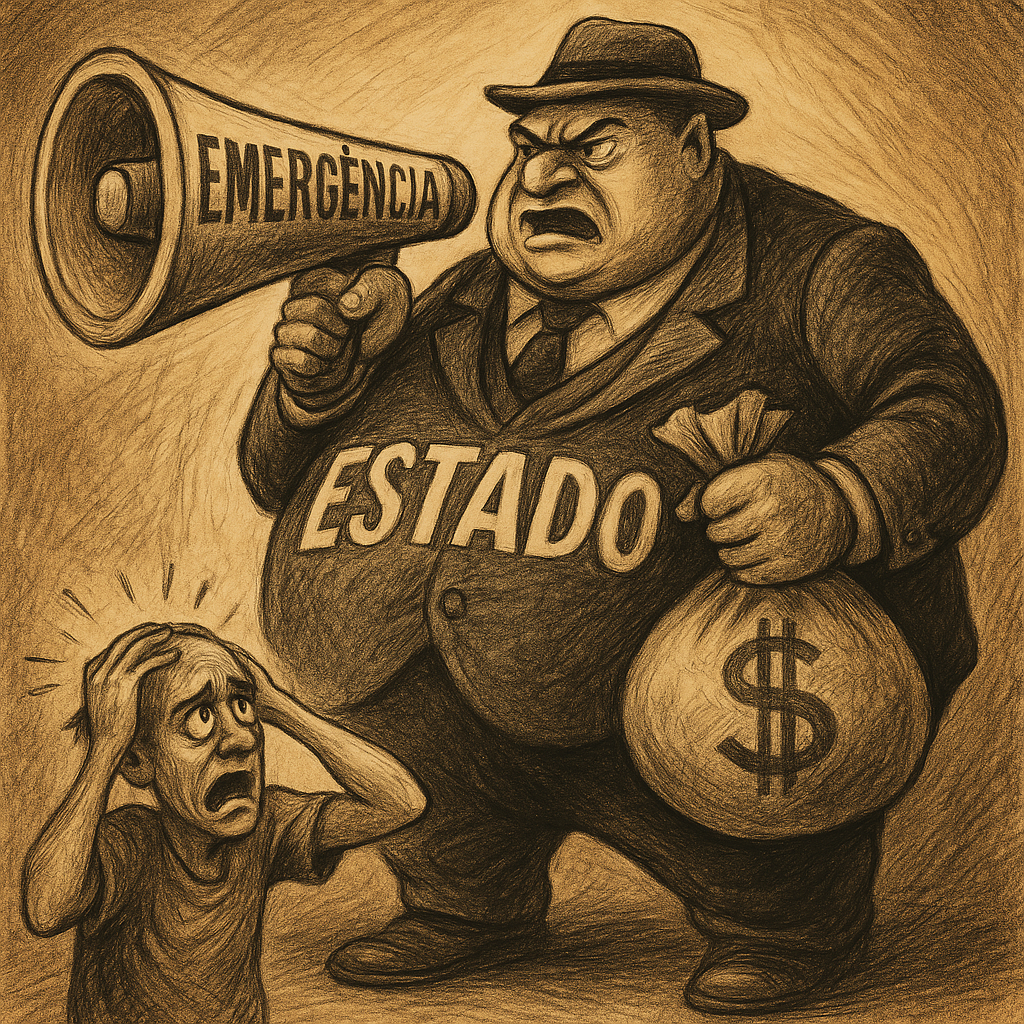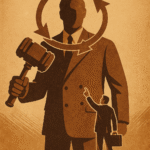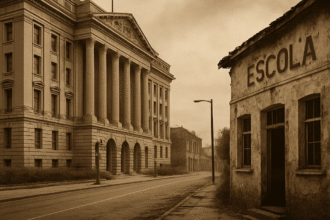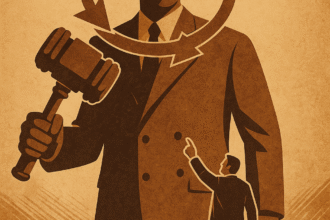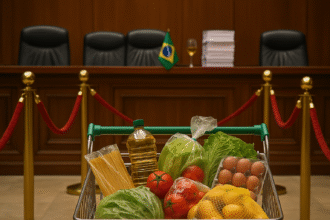Every crisis is a trigger. Every emergency is an opportunity. And the State knows how to exploit this like no one else.
In this post, we will analyze how governments transform crisis situations into permanent justifications to expand their power, create new taxes and restrict individual freedoms — often with the involuntary applause of the population itself.
👉 Read also: The Culture of Deficit: The State That Never Learns
The crisis as a perfect excuse
Since ancient times, leaders have discovered that nothing is more effective in concentrating power than a good state of emergency.
Whether during wars, pandemics, economic collapses or “external threats”, the discourse is always the same:
- “We are facing an exceptional situation.”
- “We need extraordinary measures.”
- “It is for the common good.”
And so, rights are suspended, spending is authorized without limits and freedoms are restricted — all in the name of “protecting” society.
When temporary becomes permanent
The problem is not the emergency response itself.
The problem is that once granted, the power rarely returns to its original size.
Recent history is full of examples:
- Pandemics which justified circulation controls and mass surveillance.
- Fiscal crises who created new “temporary” taxes that never disappeared.
- International conflicts that opened loopholes for censorship and information control.
The State learns quickly: where there is fear, there is room to move forward.
The Brazilian State and its emergency factory
In Brazil, the logic of perpetual emergency was consolidated in a particular way:
- Economic crises justify more government intervention and perpetual subsidy programs.
- Social crises authorize new benefit packages without structural reforms.
- Political crises open the way for hasty legislation and concentration of power.
All in the name of “stability”, “solidarity” and “responsibility”.
About that:
- The debt grows.
- Inflation returns.
- Individual freedom is slowly crumbling.
The emergency as an excuse for irresponsible spending
See what happens:
- The government runs huge deficits under the guise of “stimulating the economy.”
- Instead of cutting privileges or streamlining the public machine, he creates new programs.
- When the imbalance explodes, it uses the crisis itself to justify tax increases, currency issuance and more intervention.
The crisis is not resolved. It is recycled.
And state dependence becomes the new normal.
Who benefits from the permanent crisis?
- Rulers, which expand their influence over private life.
- Bureaucracies, which justify larger budgets and more structures.
- Interest groups, who benefit from subsidies, positions and contracts.
Who loses?
The common citizen, who pays more, works more and has less freedom.
Conclusion: Every crisis is an opportunity — for them.
The real tragedy is that, by naturalizing the state of perpetual emergency, society is losing its resistance to the abuse of power.
Instead of asking:
- “What should the government do?”
We should ask:
- “What should the government stop doing?”
Because at the end of the day, The greatest threats to freedom rarely arise from overt coups—but from well-exploited crises.
📩 Do you want to understand how the State uses the crisis as an excuse to grow without limits?
Subscribe to the Economic Radar newsletter and receive critical and direct analysis — without filters — in your email.
